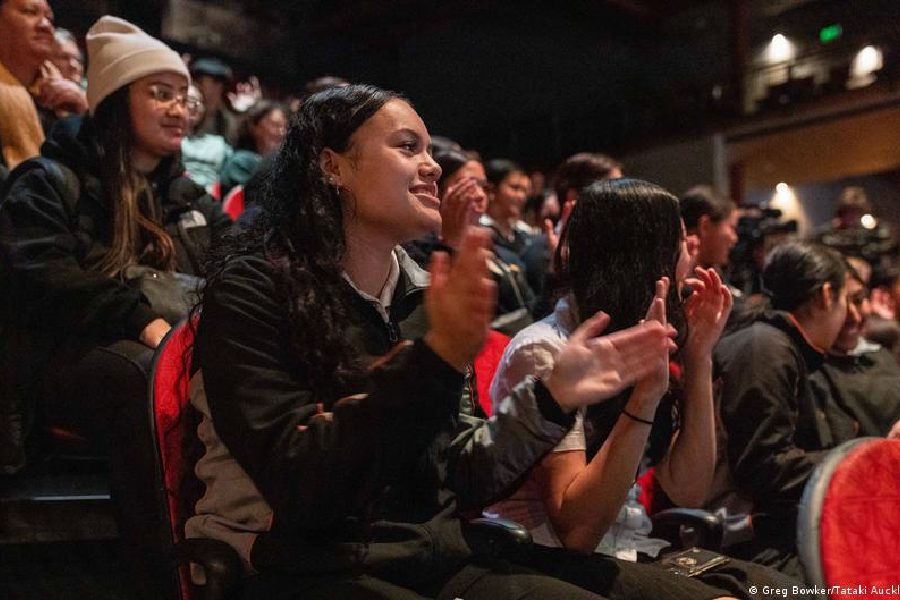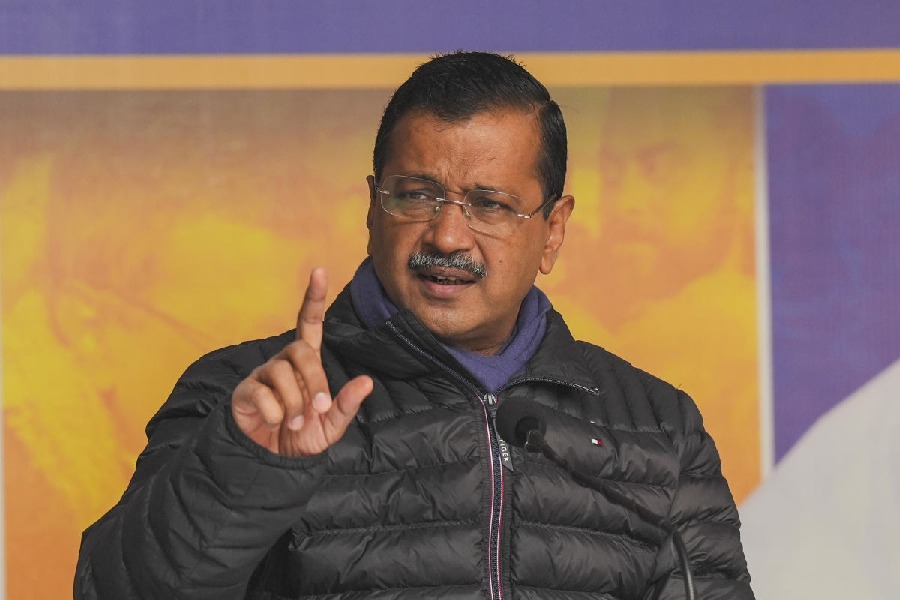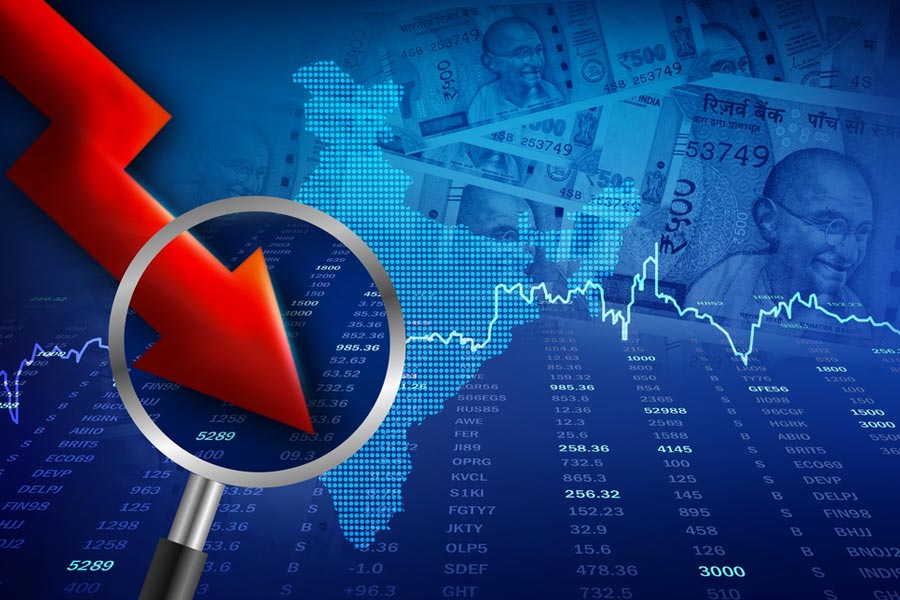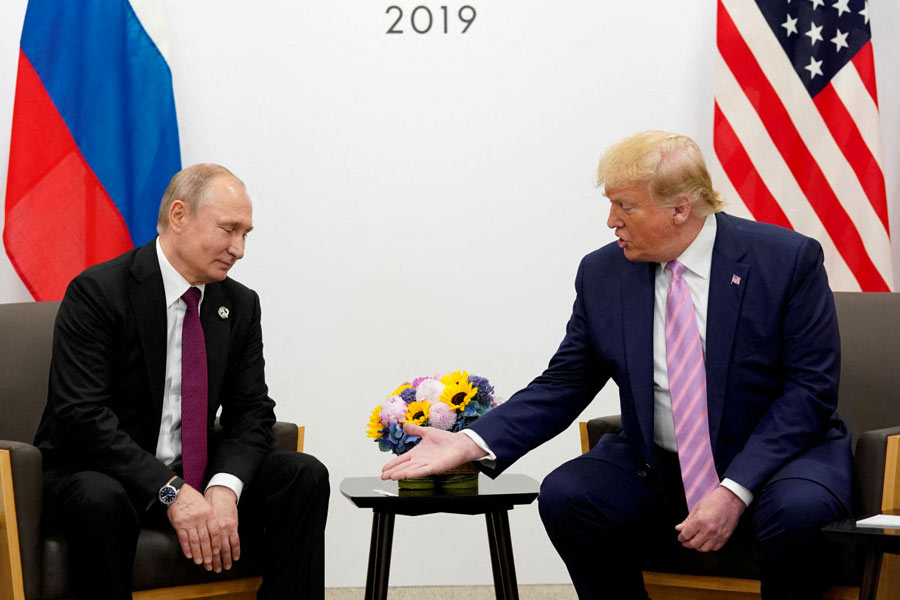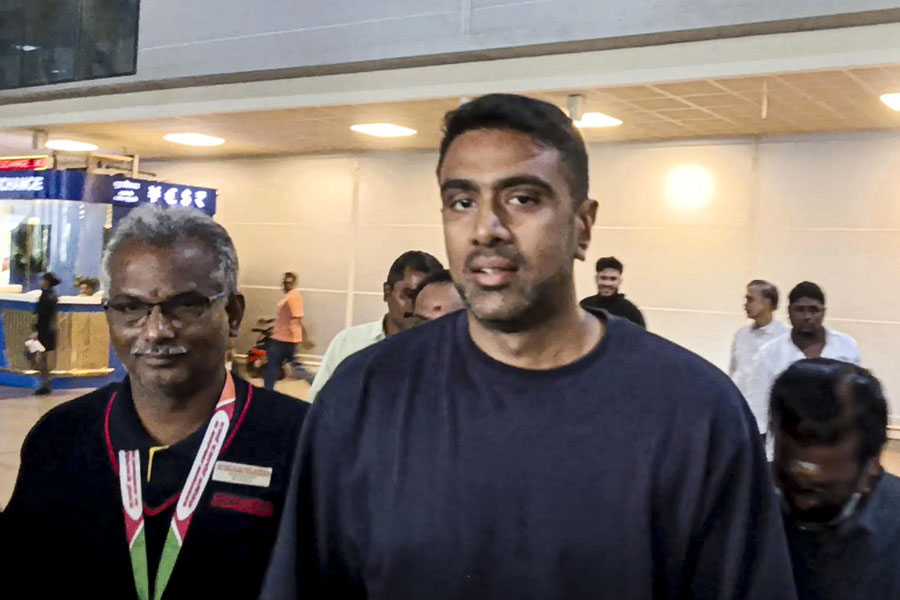One of the most likely ways for a youngster to fall in love with football is to witness breathtaking and spectacular moments up close.
This is why a key argument for bringing the Women's World Cup to the Southern Hemisphere was to give just such an opportunity to young girls who are usually deprived of seeing their idols in the flesh.
As parents in Auckland and Wellington have told DW on numerous occasions throughout the monthlong tournament, there is no shortage of football-mad children in New Zealand, with football arguably the most popular sport among the country's youngsters.
While a future generation of New Zealand internationals may well have just witnessed their first live matches on the global stage, keeping them in the sport long enough to reach similar heights poses one of the greatest challenges to the game here.
There is an alarming drop-off as girls progress through the age groups, and a lack of understanding around menstruation among female athletes has been highlighted as one of the main reasons for the diminishing numbers.
"It's critical that we empower young girls that want to be athletes," Clare Morgan, CEO of Organic Initiative which supplies sustainable biodegradable period products, told DW.
"You don't want anxiety around a period to put them off sport. It's hard enough to keep women in sport at the best of times and anything we can do to encourage women to stay in sport is a huge legacy that we can leave," she said.
As one of the nine host cities of the tournament in Australia and New Zealand, Auckland sought to address this issue before the World Cup began, aiming to create an everlasting legacy.
In June, Tataki Auckland Unlimited, the region’s economic and cultural agency, organized a youth symposium for 14–18-year-olds focused on educating young female and male football players on menstruation and the effects it can have on athletes' bodies.
'It's a lot easier being a female coach to understand'
Taelor Pickering-Parker was signed on to help coordinate between an advisory board for the symposium and the speakers for the event.
The head coach of the Papakura women's and the Maori women's teams was an avid football player herself, but began coaching at the age of just 16.
It gave Pickering-Parker a unique perspective on trying to play football while menstruating and trying to coach her own set of young girls.
"We see that the rates of participation further down in the age groups in football suffer a steep decline," the 25-year-old told DW. "It was important to ask the question: 'Does menstruation have an impact on that decrease?'"
Equally, as a Maori, she was aware that menstruation is a particular barrier to Maori and Pasifika women and girls participating in education and physical activity.
"Menstruation is not something I have ever been open about in terms of my own experience. I also lacked knowledge about it, in terms of facts and these barriers were spoken about at the symposium," she said.
"I don't even speak about it with my own family, let alone strangers, so it was a bit awkward. It was a nerve-wracking experience, especially having males in the room too."
Although it may have been a personal challenge to speak and listen openly about such a taboo subject, Pickering-Parker praised the symposium for offering a welcoming and understanding space for the girls and boys who attended.
She said that as a coach of menstruating girls, the information she heard from the various speakers helped her become a better and more empathetic coach.
"It's a lot easier being a female coach to understand because I can relate to this issue personally," said Pickering-Parker. "I've had many male coaches and the conversation is something that is misunderstood.
"Once I learned more from the symposium, it made me a lot kinder to the players and myself because now I know a little more deeply why things are happening in players' bodies and minds.
"As a coach I feel I have a lot more in my toolbox now. Just learning that a lot of female injuries happen around menstruation, because of the loss of blood for example. It validates how I felt as a player and now as a coach, it helps me support my players through that time."
Symposium gave players confidence to speak openly
Jayda Scanlan is one of players coached by Pickering-Parker, for both the Papakura women's and the Maori women's team.
The 14-year-old agreed to be on a 10-person advisory board for the youth symposium, offering her own input on the areas the speakers would address.
Research company Honoco reported that young Maori and Pasifika Aucklanders are 63.6% more likely not to play a sport they are interested in because clothing or equipment makes them feel self-conscious.
"Trying to have the symposium remove the stigma around periods was important to me," Scanlan told DW. " It's not a gender-neutral topic, it's mainly focussed on girls and it can be uncomfortable for boys to talk about it.
"We really tried to help the speakers include both a female and male point of view so the boys could feel included and also understand the various topics more than it just being about periods and specifically personal for girls."
The symposium also gave the teenager the confidence within herself to accept differences she now faces as athlete as she is going through menstruation.
After the event, Tataki Auckland Unlimited reported that 88.3% of participants felt more confident to speak to others about periods, something Scanlan could not have imagined before.
"As an athlete I would turn up to training and games with low energy and motivation due to periods," she admitted. "After the symposium, I felt far more supported knowing other people also experience the symptoms I am getting while playing competitive sport.
"I feel more confident in myself to talk to my coach and my teammates, even if it's just to ask if anyone has any spare products or being able to say 'I am on my cycle can you watch out for me a little.'
"It is something that helped me come out of my shell a little bit more and to be able to talk to my teammates and my coach about what I'm going through at that time."
As World Cup legacy's go, this may well have been one of the most important in safeguarding and enriching future generations of the Football Ferns.

